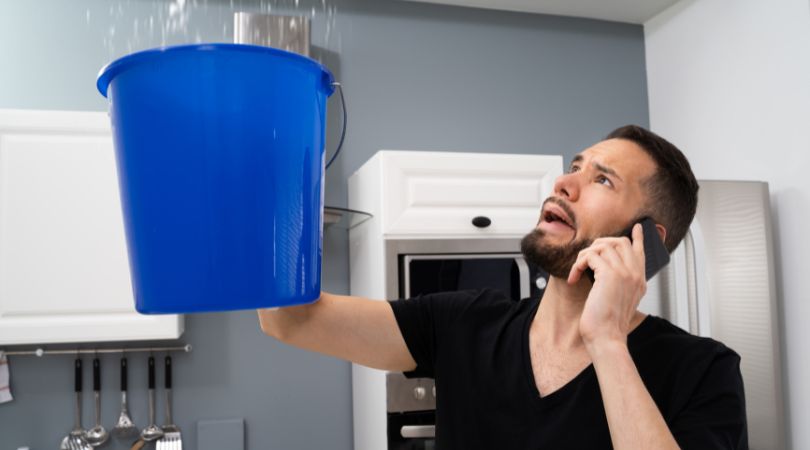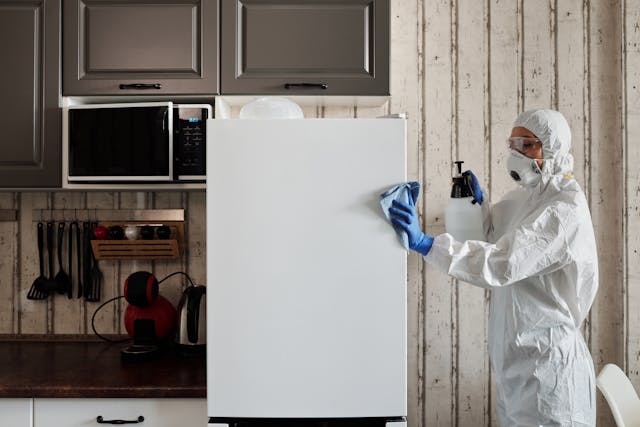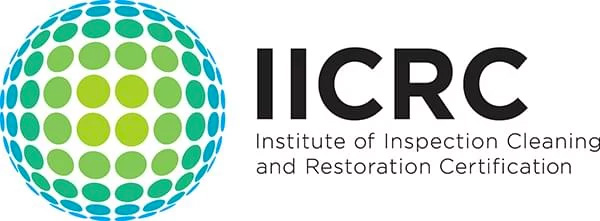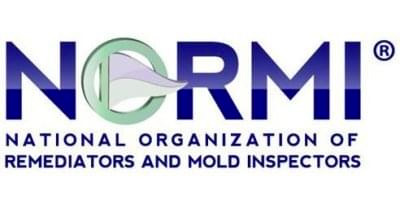Where To Check For Mold Before Buying A Florida Home
Would you buy a house with mold issues? It's not always easy to detect mold growth. Sometimes the mold is visible, other times it spreads in less accessible areas. Ignoring mold growth may result in an expensive surprise. You might discover that you need a costly mold removal service.
In some cases, mold can be a health hazard resulting in your move-in to face delays. Checking for mold before buying your Florida home can save time and money.
In the following paragraphs, you'll learn about pre-purchase mold inspections. We'll go over the essential steps for discovering mold in your Central Florida home.
What Are The Common Places For Mold Growth In A Florida Home?
Visible mold growth may be mistakenly thought of as dirt. For this reason, it would be useful to consider the warning signs of mold in high-risk places.
Basements and crawl spaces are two high-risk areas in homes. Prior flooding raises the likelihood of mold. If the underground space wasn't completely dried, there's a possibility of mold due to the excess moisture, a perfect environment for it.
Any leaking pipe, roof, or window can lead to mold. The mold spores receive continuous water supply. Since some pipes are hidden, many homeowners aren't aware of a mold problem building up in their house.

When materials in your home soak in water for a long period of time, they get moldy. These materials include carpets, drywall, upholstery, and many others. Everything should be dried out as quickly as possible after flooding or burst pipes. The moisture may reach excess levels for other reasons than water. Let's take a look at some of the risk factors:
- Chronic overwatering of houseplants
- Lack of regular airing
- Poor ventilation in the building
- Tightly sealed building structures
Mold signs come in many forms. Pay close attention to visual signs and try to notice if there is a musty smell.
Why Should I Worry About Mold?
Mold reproduces using spores. They can only grow when there's a high level of moisture in the environment. Different types of mold exist and some could lead to long-term health effects. Toxic molds produce mycotoxins. These toxins are responsible for many neurological symptoms, including:
- Concentration problems
- Dizziness
- Headaches
- Memory issues

The mold that doesn't produce mycotoxins can still provoke allergic symptoms. In addition to health hazards, mold can lead to serious aesthetic problems. Selling a home with mold can be very challenging and can result in the value to drop significantly.
Should I Just Trust A Home Inspection?
A home inspection isn't necessarily the best solution for mold detection. While it's true that certified home inspectors provide a thorough job, mold isn't usually their priority. Home inspectors would rather leave the job for certified mold assessors. Home inspection focuses on the following areas:
- Electrical system
- Foundation problems
- HVAC issues
- Roof leaks
- Structural integrity
But The Seller Has To Know About The Mold, Right?
You should never assume the owner knows about the mold situation. In some rare cases, owners may try to cover it up using bleach or paint. While this could change the visual aspect, cover-ups won't get rid of the spores.

When you discover a mold issue, let the seller know. You'll often face two options:
A) The owner pays for the mold removal
B) You'll get a nice discount
In Which Case Is A Mold Inspection My Best Bet?
Pre-purchase mold inspection proves to be useful when the owner is completely transparent. If you have any doubt or witness any typical signs of mold, it's best to have a mold inspection done. New technology can expose growth in tight or hidden places, making mold that's purposely hidden no longer a problem.
Bottom Line: Where To Check For Mold Before Buying a Home?
Mold growth isn't only an aesthetic issue, the release of toxins may harm your health. Water damage, leaking pipes, and poor ventilation are typical risk factors for developing a mold problem. Ensure that the basement and crawl space are free of any mold spores.
If there's no visible mold, make sure to be on the lookout for any musty or damp smell. Mold could grow behind walls or hidden pockets in the building structure. When in doubt, have a Markham Services inspect your Central Florida home.


